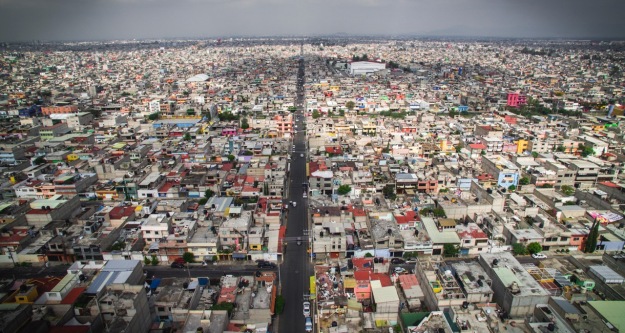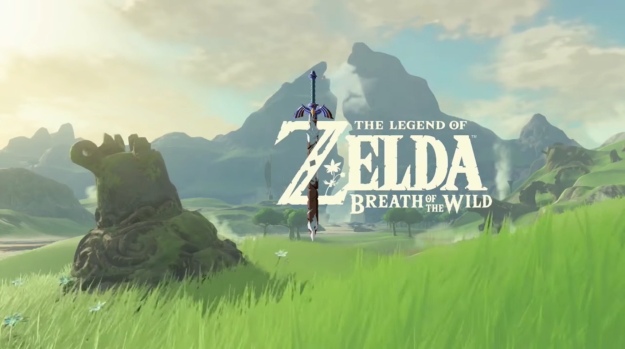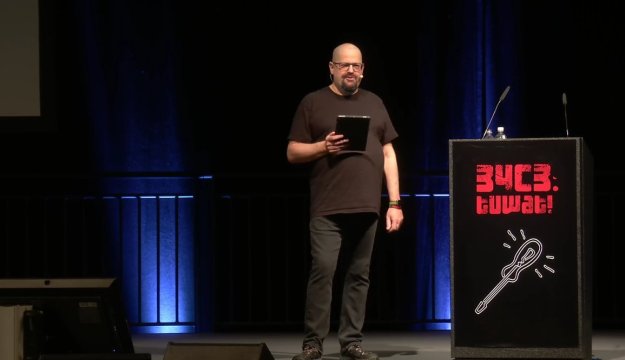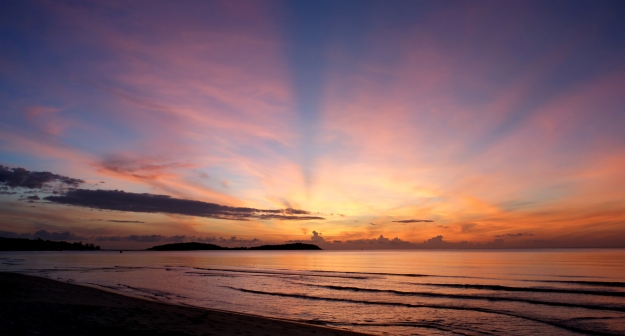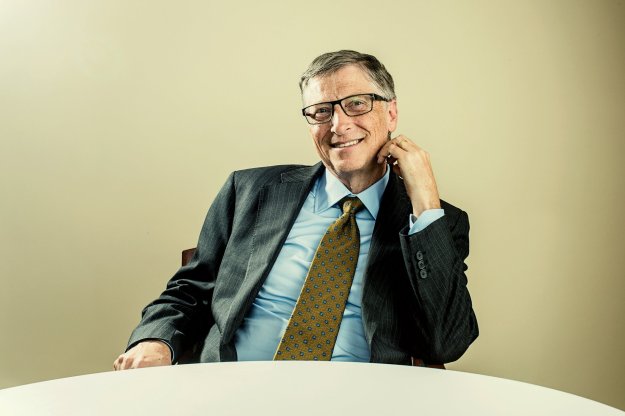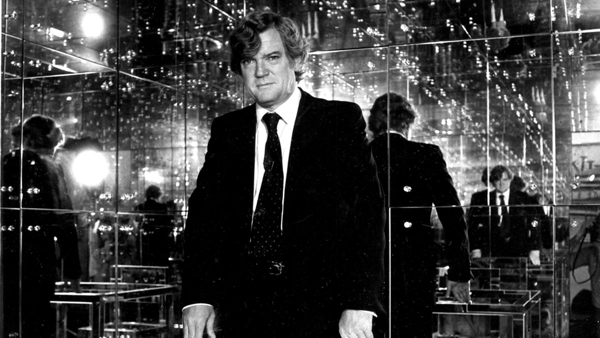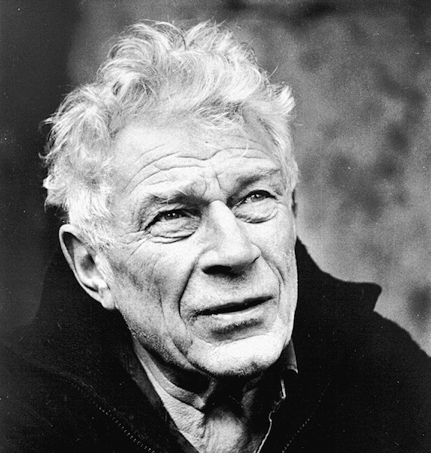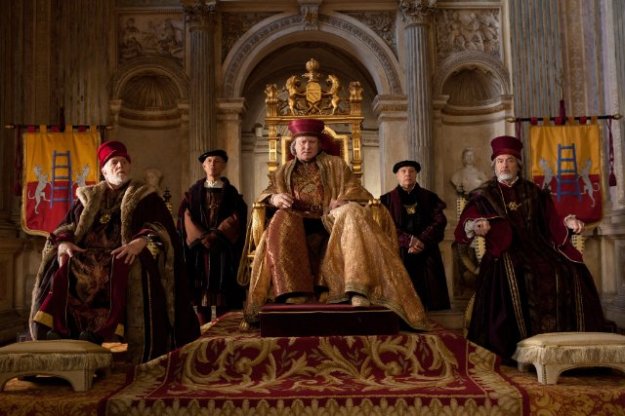As I contemplate the year and our life it has become clear that following my current patterns will not give me the future I want. My habits are not destructive, but also not constructive.
This is a very personal thing, but I am sure that many in my age group will find themselves needing to redefine their life, start fresh and complete, what they always wanted to do. Since we are embodied, we must start there. Sleep, food, other things. What pattern makes us truly feel good and able to achieve what we aspire to?

I have decided to abstain from some things I like in exchange for feeling better long term. I also want to find myself in control of my urges. Wine and beer is one of those things I associate with relaxation.
Reading biographies of the many good people who ended up their lives struggling with dementia, it is surprising to see the widespread problem of alcohol. I am not an alcoholic, but I have noticed the heightened sensitivity to it with age. The pleasure is not worth the risk. This blog is a great collection on Dementia: Going Gentle Into That Good Night
I ran across it doing research for a story I am planning out.
But there are also other habits most of us share.
Over the last few months I have self observed patterns of electronic media consumption, which by themselves are not obsessive, but can become so. Apps like Flipboard claim to search for your interests presenting the results, but they are designed to keep your attention like a drug. Facebook has the same ultimate intent as do many other social apps like imgur, Pinterest, and even Quora.
All really aim to permanently capture your attention via continually changing visual stimuli in an unconscious way. While you are aiming to take in this information, you DO NOT THINK. You are just visually processing. And you are becoming addicted! You keep spending time.
It turns out that “flipping those boards” and reading those abstracts one after another or “Liking” the posts on Facebooks as you scroll endlessly also might have more long term effects on your intelligence and creativity – perhaps even eventually causing dementia.
The site mentioned above has a great book review of “The End of Absence” by Michael Harris and analyzes some of these patterns further in Technology and Neurology – A Perfect Storm For A Lifestyle Dementia
I am not intending on becoming a Luddite, but “attention must be paid!” In this case, I want to look at my patterns and be aware and in control . In the end our life experience is about how we consciously spend our time.








